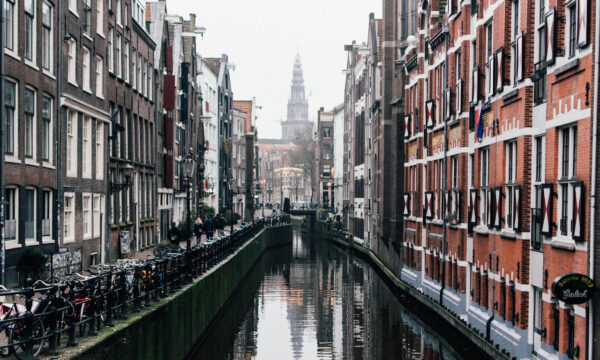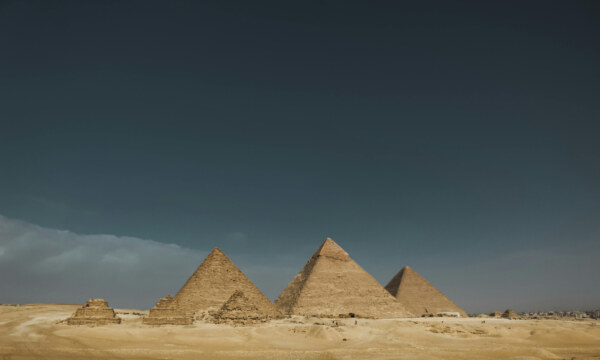Immersive performance in the UK: When art imitates uncertainty

It often starts quietly. A ticket. An address. A door tucked down a side street. There is no programme, no seating plan, just a hushed invitation to step inside and see what unfolds.
Immersive theatre is not new. But over the past few years, it has found a particular foothold in the UK. And it is not hard to see why. It offers something most entertainment does not: the opportunity to get slightly lost.
This is not watching a story. It is walking through one. Or rather, through several fragments of one. An actor may be followed down a corridor while an entire subplot unfolds elsewhere. Strangely, that is part of the pleasure.
Finding the shape in the fog
There’s a kind of honesty in how immersive performances embrace the partial. Life isn’t neatly plotted. Stories rarely arrive in perfect order. These productions understand that. They leave space for the audience to make sense of things in their own way, if they choose to at all.
It’s not always comfortable. But that’s precisely what makes it interesting. We’re so used to polished, linear experiences that uncertainty now feels novel.
Some people walk away with a strong grasp of what happened. Others piece it together slowly, if at all. But everyone feels like they were part of something, and maybe that’s the point.
Choice over certainty
What is striking is how this format mirrors something broader in the way audiences now engage with entertainment. There is a growing desire not just to watch, but to participate. To have a say, even a small one, in how things unfold.
That appetite appears in many places: interactive films, game-like exhibitions and even less expected corners of digital life.
One example is the increasing interest in bonus buy slots in the UK and games that allow players to unlock bonus content or fast-track features. At first glance, it may seem a different world. But the underlying idea is similar: users can choose to activate a specific element, bypassing traditional progress structures. It remains uncertain, but it gives players a sense of control, or at least the impression that they determine when to take a risk.
And that reflects something deeper. Predictability is not always sought. Sometimes there is a preference for a system that responds to individual actions, even if the outcome remains unknown.
A familiar kind of ambiguity
There has long been an appetite in British culture for narratives that leave space. From Pinter to Charlie Brooker, there are stories that end without wrapping up neatly, that trust the audience to sit with discomfort or fill in the blanks.
Immersive theatre simply takes that further. It does not require complete understanding. It requires presence. Attention. The willingness to notice what can be noticed.
And perhaps to miss a few things, too.
What makes it work
At its core, immersive performance is not about spectacle or high-tech wizardry. It is about experience. The plot is not handed over; it is built, moment by moment, choice by choice.
There is a kind of quiet thrill in that. Not adrenaline exactly, but something softer. A feeling that what was seen was unique. Even if no one else in the room saw quite the same thing.
Where it’s headed
As more people seek stories that involve them, these kinds of performances are likely to grow, not just in number but in influence. They are already shaping how narrative, interaction and presence are understood.
What they gently suggest is that it is acceptable not to know exactly what is happening. To leave with only part of the picture. Sometimes that is where meaning settles – in what is chosen to follow, not simply in what is seen.
And that may be the most human form of storytelling there is.
The editorial unit

























Facebook
Twitter
Instagram
YouTube
RSS